On the 25th of April, SIGHT organized a workshop for students from different high schools to share the spirit of community service on global health with sustainable technology, and invite them to be the first users of the Electronic Health Record (EHR) system developed by SIGHT student team.
The workshop started with a discussion on global health. The students shared their opinion on what is global health and the problems global health was facing. The students came up with several issues that many developing countries faced, such as the lack of sanitation, starvation and various other diseases such as HIV. Some groups even brought up that the lack of professionals such as doctors and programmers along with the unstable political system of such countries added towards the poor health condition in developing countries.
Then we further zoomed in the problems that One-2-One, our NGO partner in Cambodia, face in their mobile clinic operation every day. In a game simulating the workflow of mobile clinic, the students got to experience the problems that arise from paper records, such as the difficulty of searching for a specific record in a large collection of records, and the maintenance of paper records in the tropical weather condition of Cambodia.
With an understanding of the problems, we introduced the EHR system, and the technology principles behind. We designed an interesting role play for the students to try the software for themselves. We were glad to see that the students were very engaged and interested in our system. And we really appreciate the valuable feedback, which will definitely help make the system better.
It has also been an amazingly special experience for us. "The most challenging part was probably teaching the students to use the software." Says Sandra, a software implementation team member, "We have been working with it for four months so all the functions are obvious to us. For this, we had to gain perspective and try to imagine we are seeing it for the first time. It was challenging but a great training before we do the same in Cambodia" Another member, Lance, who is on the coding team comments "We know that the system will obviously better than paper record, but when I actually recorded the time needed for a patient to go through one station and saw that it is indeed better. It gave me a great sense of achievement".
The workshop has been a great success. We want to thank everyone who made it happen.
The journey doesn't just end here. In Jun, we are going to Cambodia to implement the project, and be the first to see the impact of UST student design. Stay tune!
The journey doesn't just end here. In Jun, we are going to Cambodia to implement the project, and be the first to see the impact of UST student design. Stay tune!

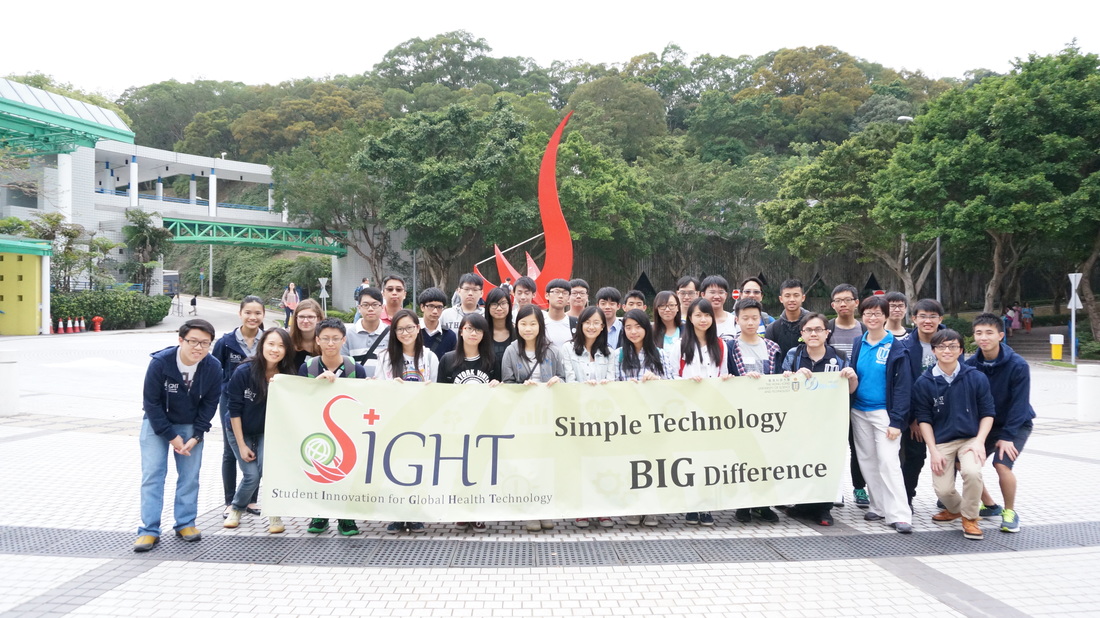
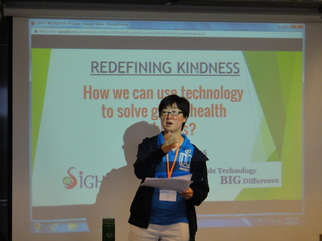
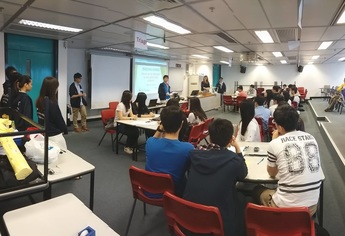
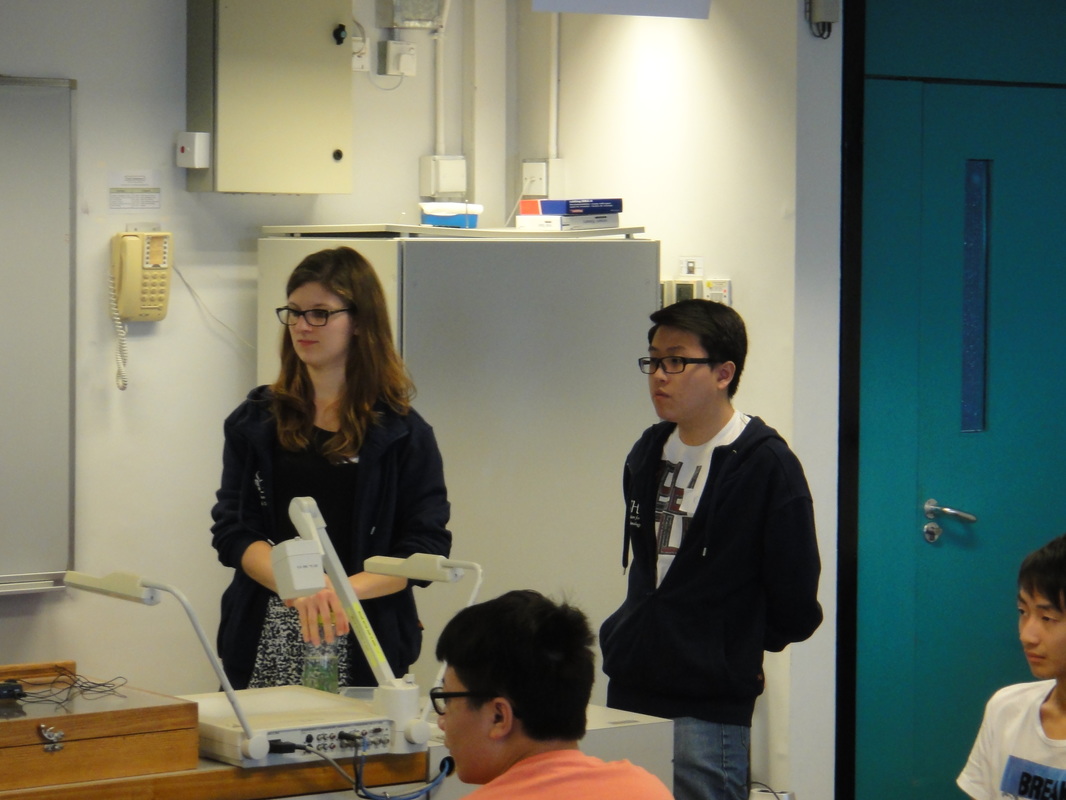
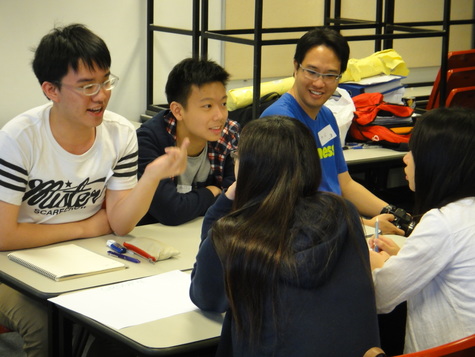
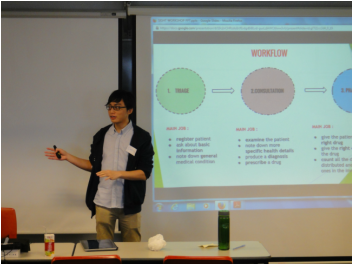
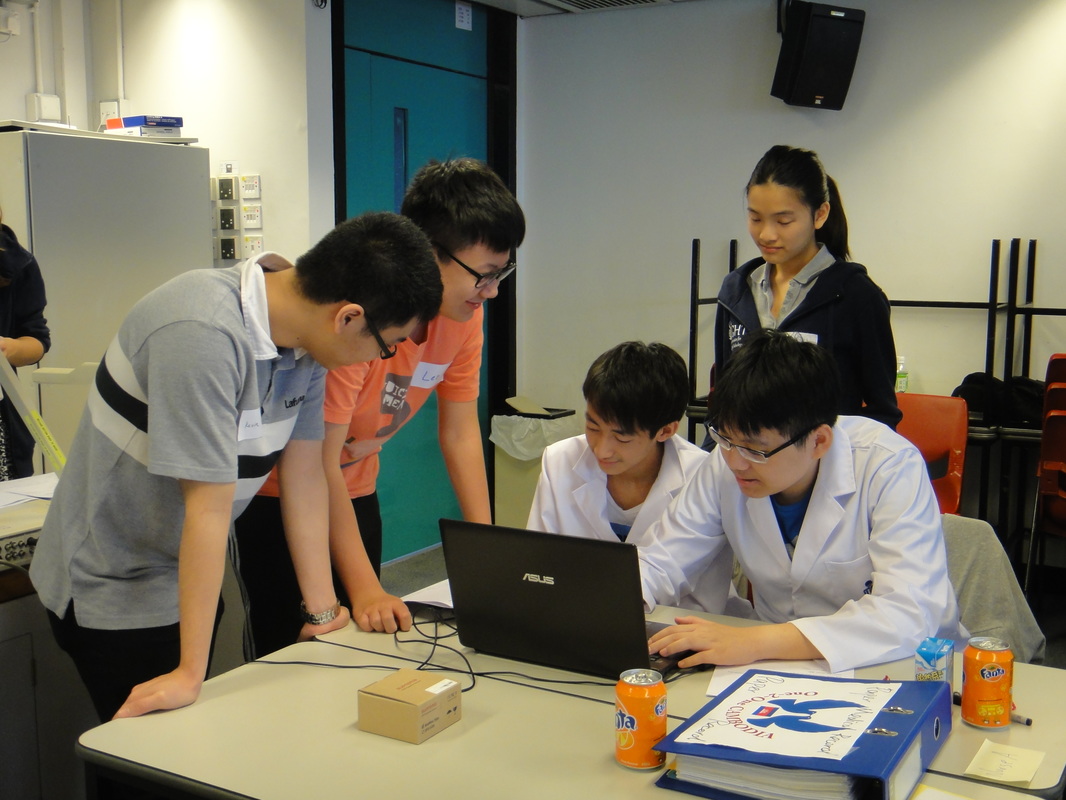
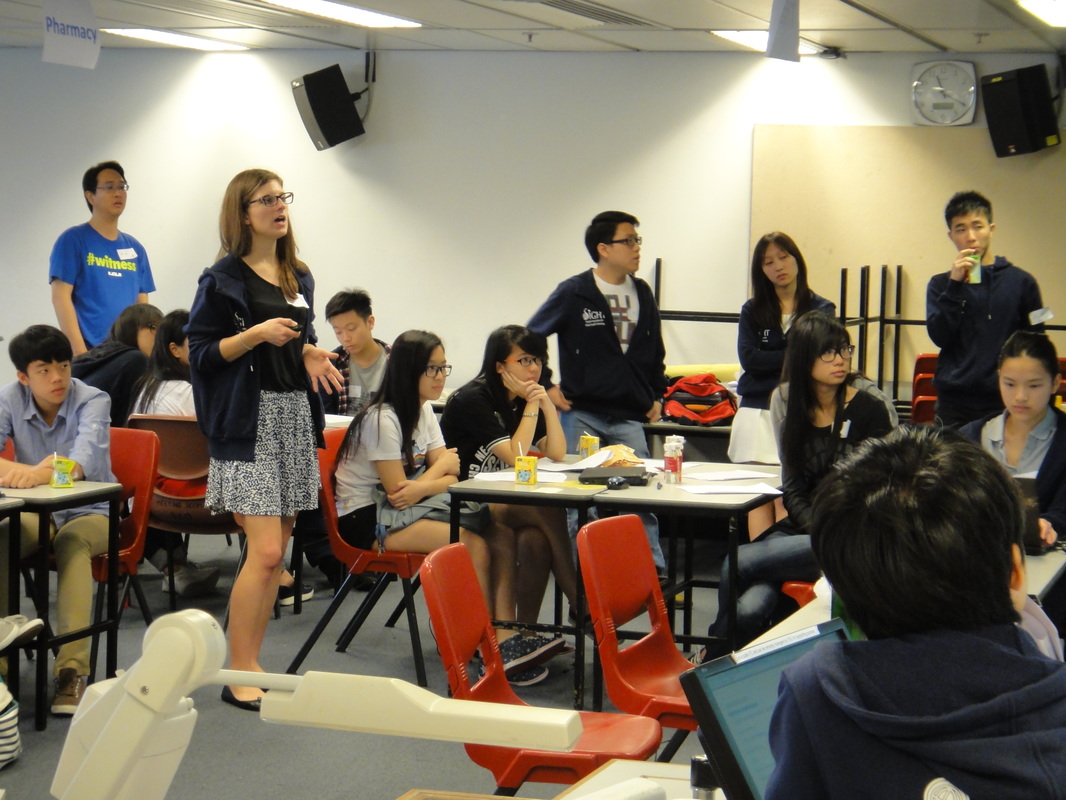
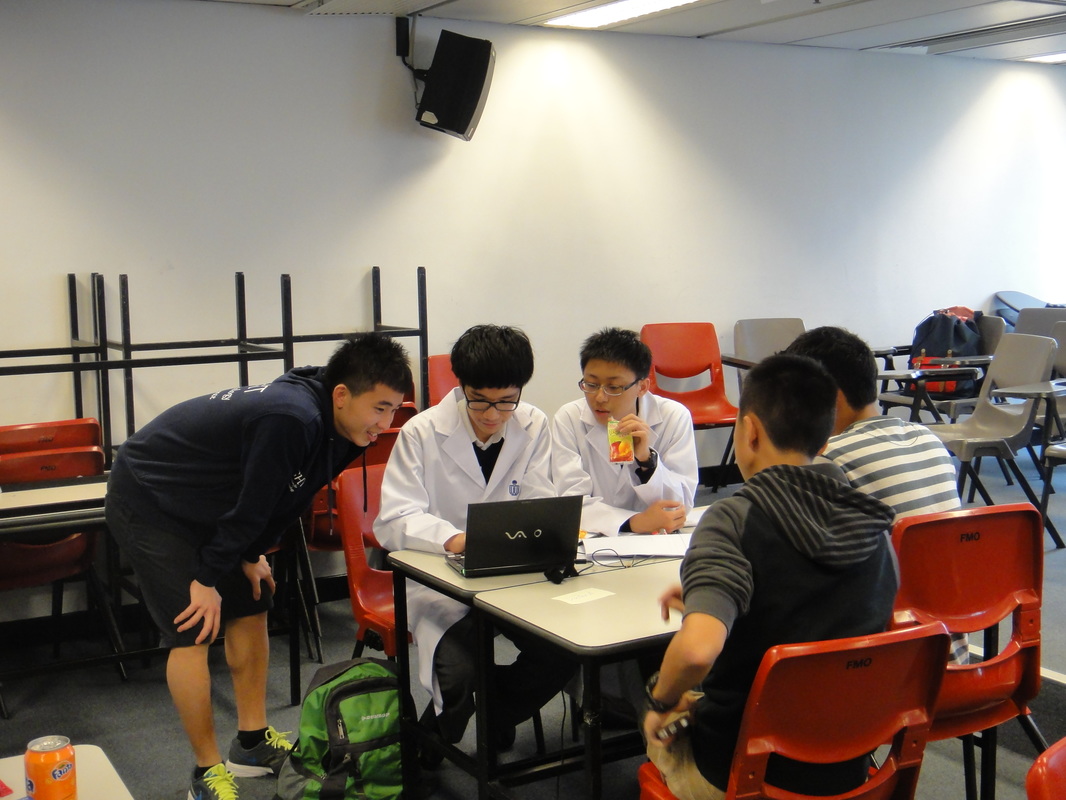
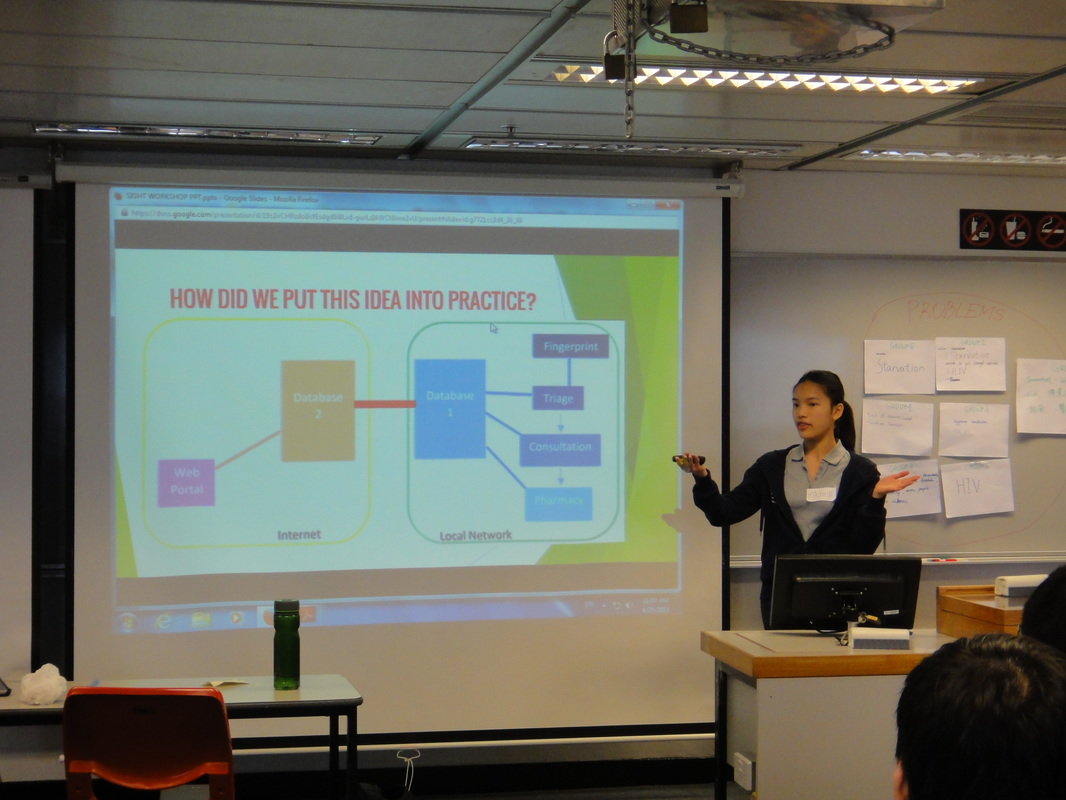
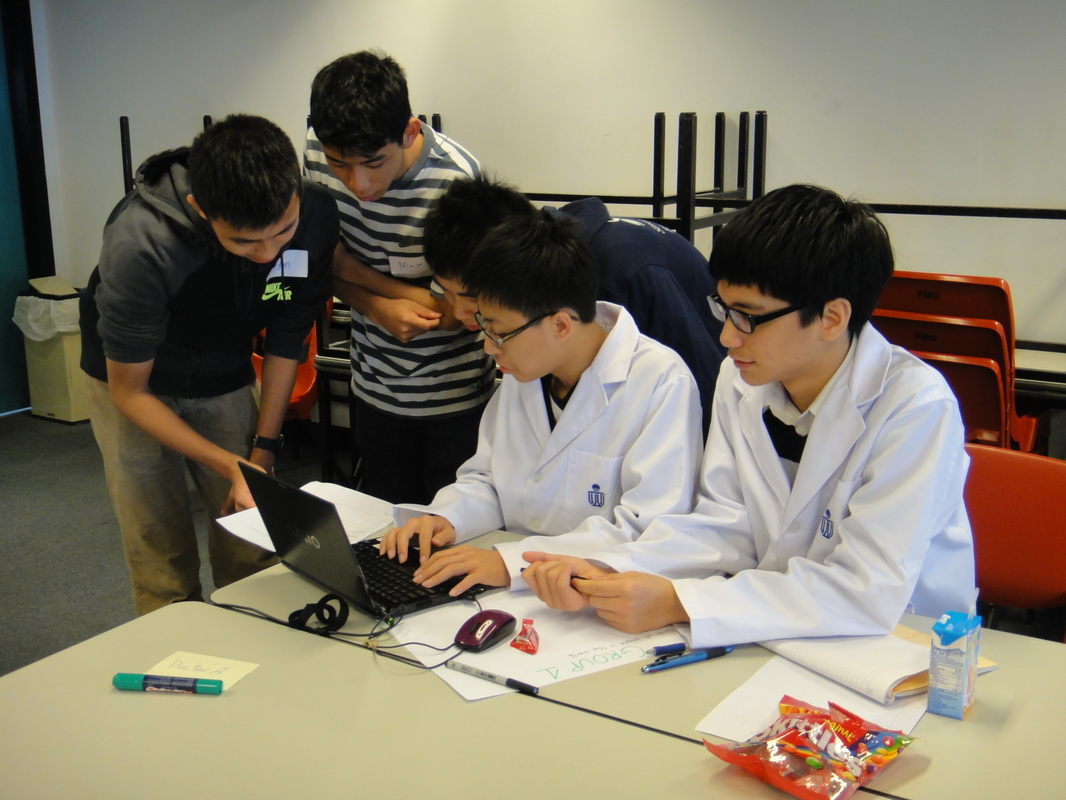
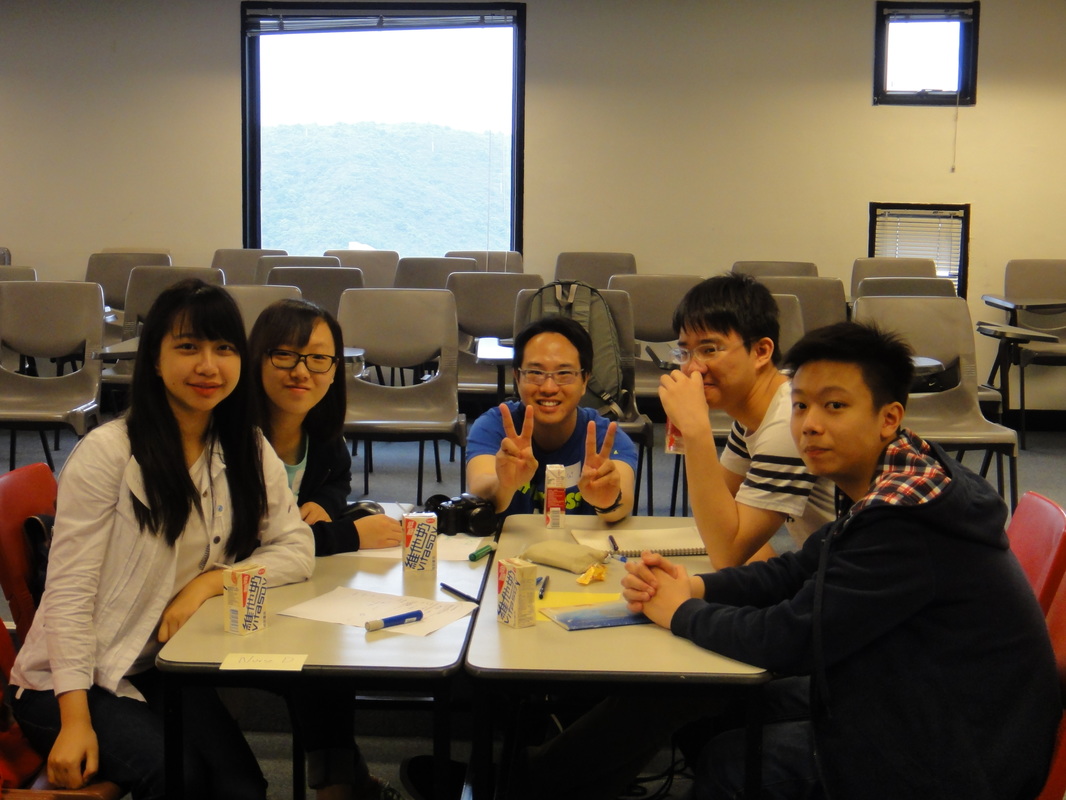
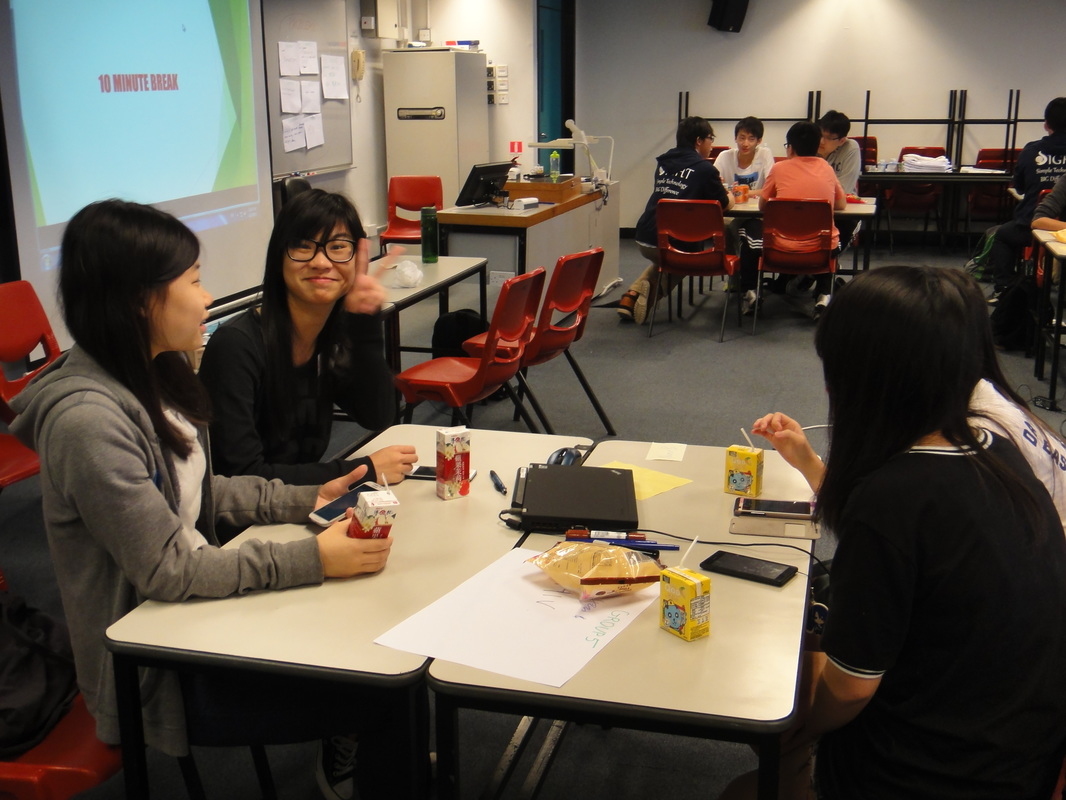
 RSS Feed
RSS Feed
